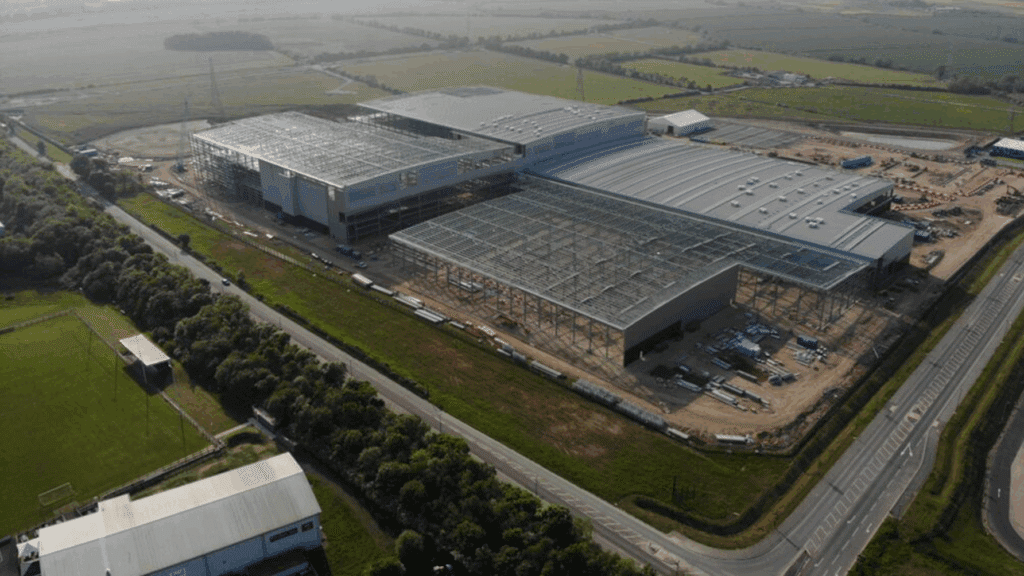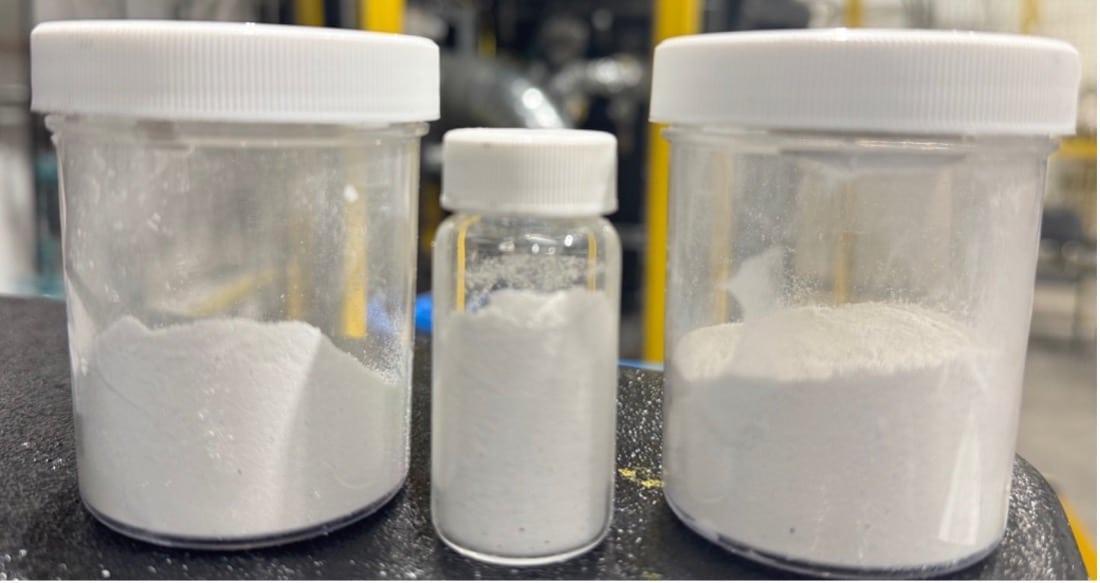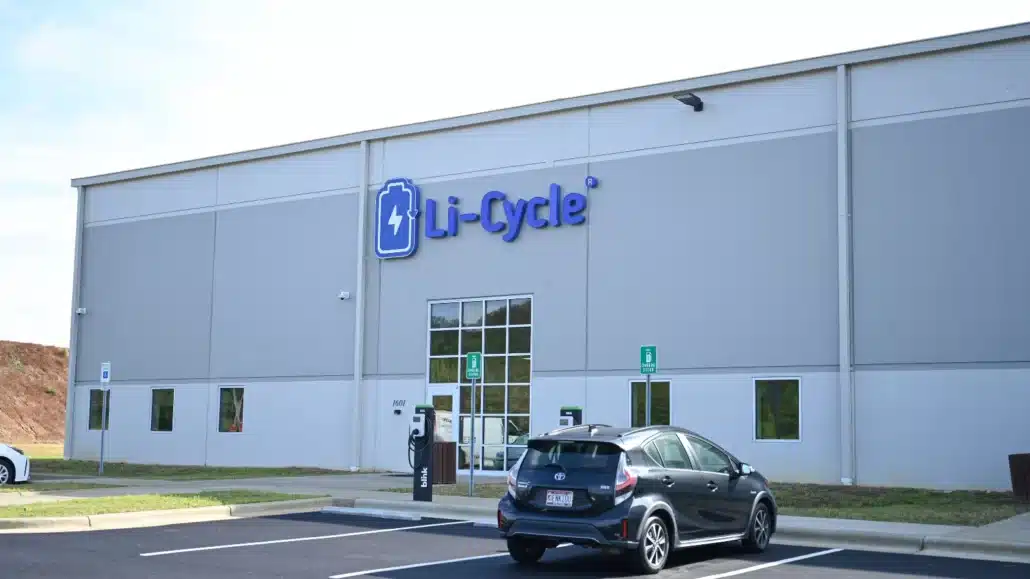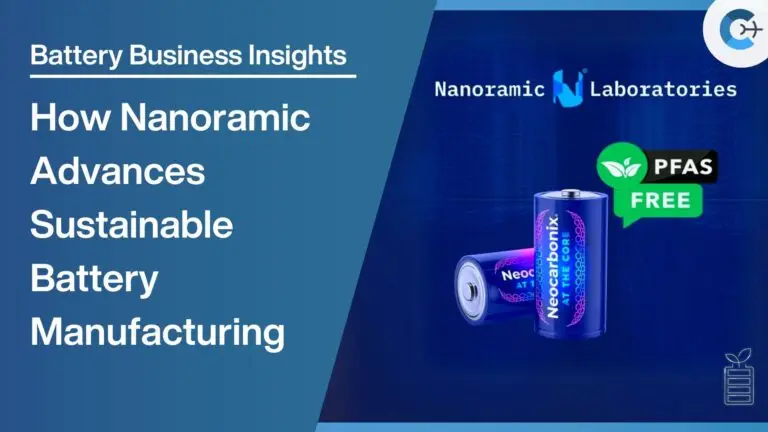A new gigafactory in Sunderland is set to create approximately 1,000 jobs following a £1 billion investment aimed at accelerating the transition to electric vehicles (EVs) and fostering industry growth. This development builds on recent economic agreements, including a significant deal with the United States that reduced tariffs on British exports, thereby preserving thousands of jobs in the automotive sector.
The Advanced Energy Storage Company (AESC) will oversee the construction and operation of the gigafactory, which is projected to manufacture batteries capable of powering up to 100,000 EVs annually. This production capacity represents a six-fold increase compared to the United Kingdom’s current output, positioning the UK as a competitive player in the global EV market and contributing to the nation’s net-zero emissions targets.
Financial backing for the project includes £680 million in financing from banks such as Standard Chartered, HSBC, SMBC Group, Societe Generale, and BBVA, secured through financial guarantees provided by the National Wealth Fund and UK Export Finance. An additional £320 million has been raised through private financing and new equity contributions from AESC. Furthermore, the Government’s Automotive Transformation Fund is contributing £150 million in grant funding to support the initiative.
Rachel Reeves, the Chancellor of the Exchequer said, “We are going further and faster to boost our industries’ resilience and encourage their growth as part of our Plan for Change, and this investment follows hot on the heels of yesterday’s landmark economic deal with the US which will save thousands of jobs in the industry.”
“This investment in Sunderland will not only further innovation and accelerate our move to more sustainable transport, but it will also deliver much-needed high quality, well-paid jobs to the North East, putting more money in people’s pockets.”
During a visit to AESC in Sunderland, Chancellor Reeves met with employees and local leaders to discuss the benefits of the investment, including job creation and economic growth in the North East. The recent economic deal with the United States, which lowers car export tariffs from 27.5% to 10% for a quota of 100,000 UK cars, is expected to save car companies substantial amounts and secure high-skilled jobs in key automotive hubs like Sunderland.
Shoichi Matsumoto, CEO of AESC, stated that the investment is a significant step in supporting the UK’s decarbonization efforts and expanding its EV market. John Flint, CEO of the National Wealth Fund, and Tim Reid, CEO of UK Export Finance, also highlighted the importance of the gigafactory in driving growth, sustainability, and strengthening the UK’s position in EV battery manufacturing.
The UK government continues to promote private investment in automotive design, development, and manufacturing as the sector shifts toward zero-emission technologies. To date, funding programs like the Automotive Transformation Fund and the Advanced Propulsion Centre have leveraged over £6 billion from the private sector, complemented by additional investments from the Autumn Budget aimed at supporting the automotive industry’s transition to sustainable practices.
Source: GOV.UK
















